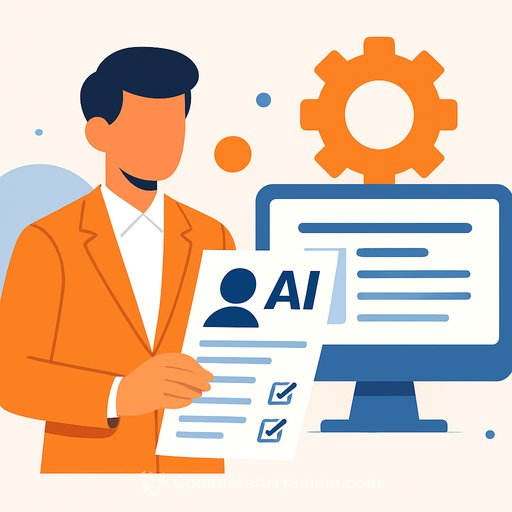Envisioning a Personal AI Agent for Every Customer – Interview with Malte Kosub of Parloa
Malte Kosub, co-founder and CEO of Parloa, shares insights on how AI is transforming customer service for large enterprises. Parloa offers an enterprise-grade AI agent management platform focused primarily on voice channels, a choice driven by the high volume and costs associated with phone support in big companies.
Unlike many providers targeting small and medium-sized businesses, Parloa’s platform is built to meet the unique demands of large enterprises. Being a European company, they prioritized multi-language capabilities early on, which is crucial for global companies facing diverse regulations and phone infrastructure challenges.
Key Takeaways from the Interview
- Focus on Voice and Phone: Parloa emphasizes phone support as the central channel for large enterprises, where high call volumes and costs make efficiency essential. This contrasts with many competitors who began with chat-based solutions.
- Multi-language Support: The platform supports multiple languages and fine-tunes speech-to-text models to handle various accents and dialects, addressing the needs of global customer bases.
- The Future of Customer Experience: Malte envisions a future where every interaction is conversational, including apps and websites. He predicts the rise of a “personal AI agent” for each customer — essentially a one-to-one AI relationship tailored to individual needs. For instance, an airline could have 150 million personal AI agents for its customers.
- Combining Conversation with Visual Elements: Effective conversational AI interfaces will blend speech or text with visual actions like swiping and clicking. This hybrid approach maintains efficiency and usability, avoiding the limitations of purely text-based systems.
- Enterprise Adoption of AI: Large organizations are adopting AI faster than expected, driven by market pressures to improve efficiency and innovation through generative AI technologies.
- Agentic-First Approach: Successful AI implementations require prioritizing AI agents that integrate deeply with backend systems to manage end-to-end customer service use cases, moving beyond simple FAQ handling.
- The Evolving Role of Human Agents: As AI takes over routine tasks, human agents will shift focus toward complex problem-solving, supervising AI, coaching, and training agents for new scenarios. This shift also helps address the ongoing labor shortage in customer support.
- Practical Advice: Malte recommends starting with straightforward AI use cases that can be implemented within a few months. This approach encourages learning and iterative improvement rather than waiting for perfect solutions.
About Malte Kosub
Malte Kosub leads Parloa, a platform that delivers enterprise-grade AI agents designed for customer service. His background includes co-founding one of Europe’s earliest conversational AI agencies and founding an ecommerce startup. Malte studied at the University of Hamburg, Harvard, and MIT, and teaches at Futur/io. He divides his time between Berlin and New York.
Learn more about Parloa on X (Twitter) @parloa_ai and connect with Malte on LinkedIn.
For those in customer support roles looking to expand their AI knowledge, exploring practical AI training can be valuable. Check out relevant courses at Complete AI Training to build skills that align with the evolving demands of AI-powered customer service.
Your membership also unlocks:





